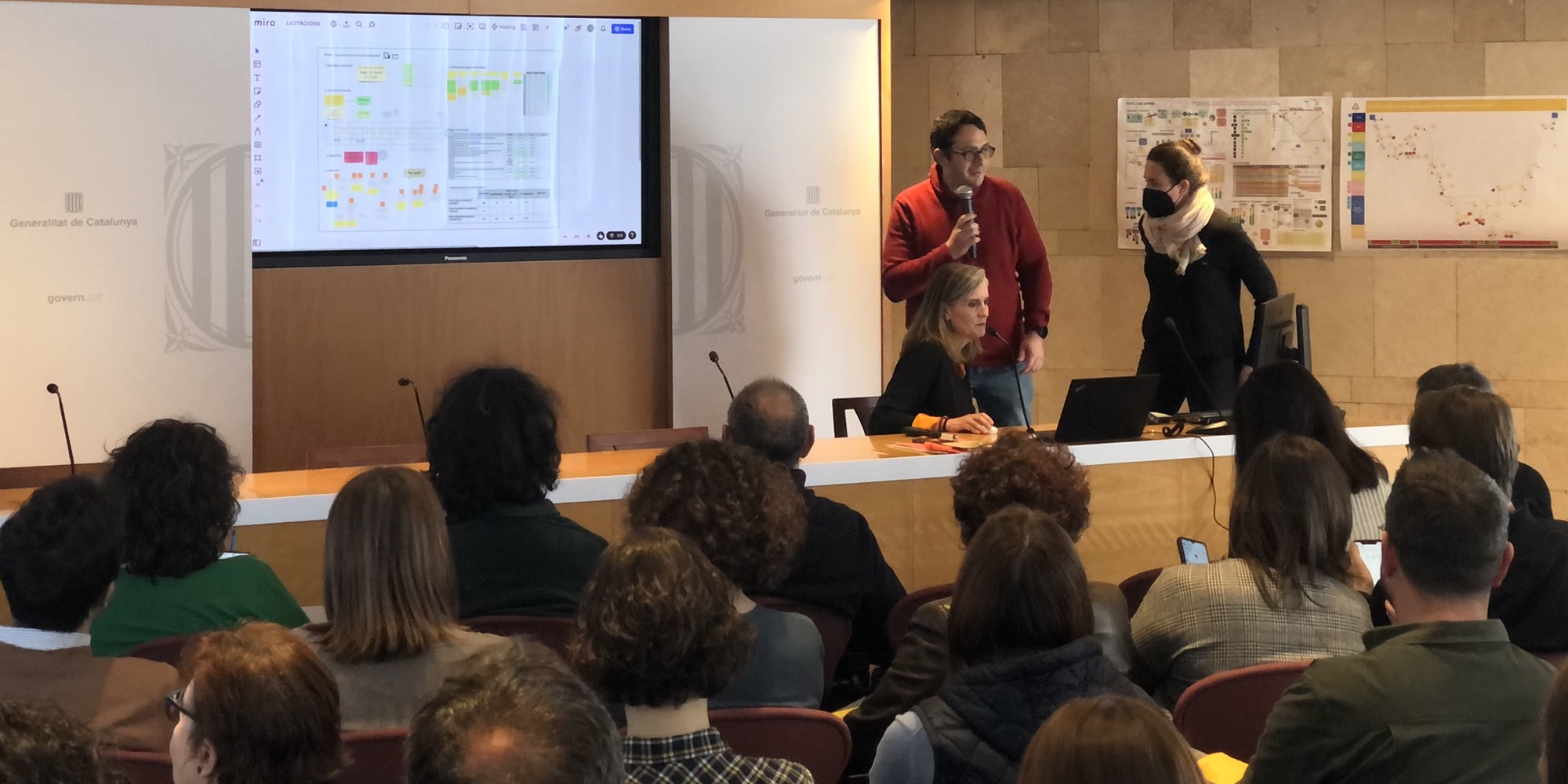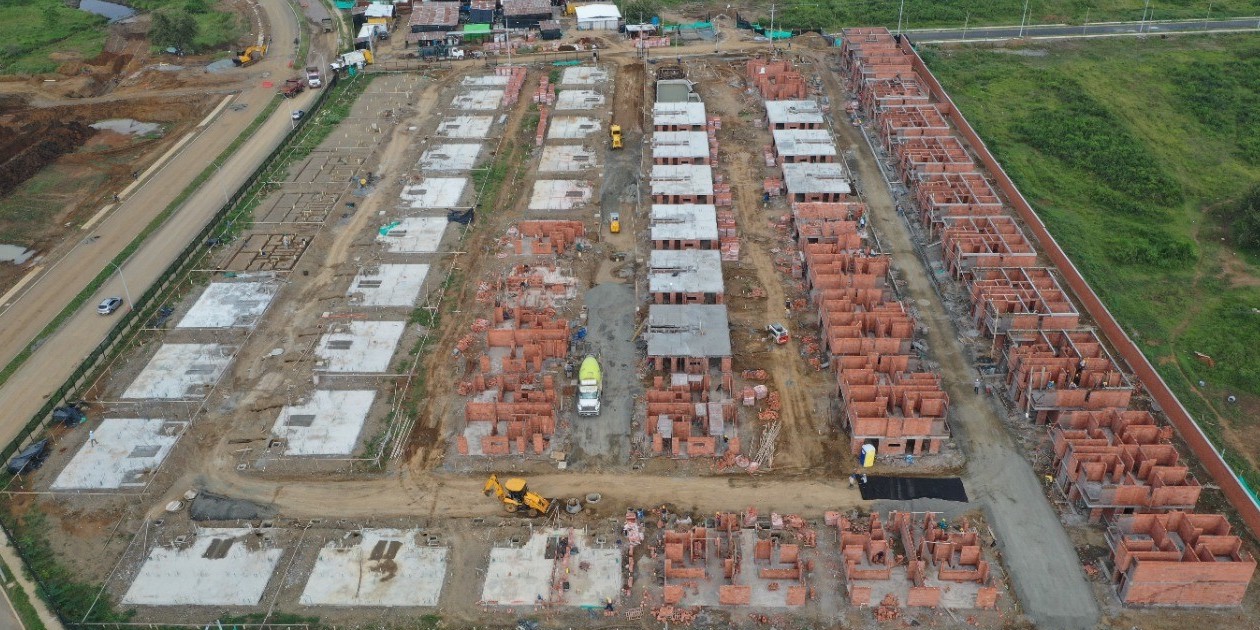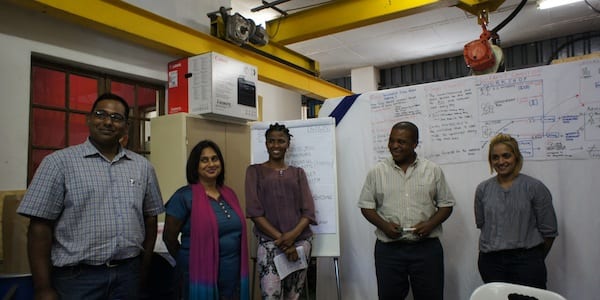
Lean in government, a comeback?
FEATURE – At a recent Lean Day, our editor was reminded of the immense potential of Lean Thinking applied to government. After a few sleepy years, is lean in the public administration having a comeback?
Words: Roberto Priolo, Editor, Planet Lean
When I first ventured into the lean world, now over a decade ago, I remember how the adoption of lean in government was on the rise. There were successful applications of the methodology across the sector, and in many countries, most notably – as far as I could tell – in the English-speaking world, from Canada to the UK, Australia to the United States. Then, after a few years, things seemed to go quiet. Experiments continued, of course (we had an example just this week, with the excerpt from a book recently published in the Netherlands, about the lean transformation at the city of Breda), but perhaps not at the same scale as before.
That’s why I was so happy when, a couple of weeks ago, my colleague Oriol Cuatrecasas invited me to a Lean Day being held at the Departament de Territori here in Barcelona. The Department oversees public works and infrastructure for Catalonia, in northeastern Spain.
The Lean Day is an event I am familiar with. Organizations that have worked with Instituto Lean Management use it regularly to bring people together to learn about their colleagues’ improvement projects and celebrate their wins. It’s a fantastic way of spreading knowledge about Lean Thinking and boosting learning.
I walked into a room buzzing with activity, with 50 or so other people in attendance (plus 27 connecting over the web). After a short greeting from David Prat, General Director of Mobility Infrastructure for Catalonia, Project Director Anna Bullich, who oversees the lean implementation at the department, shared a brief explanation structured around the 3P model (tell me you are a lean thinker without telling you are a lean thinker…). The team’s goal with the lean transformation is to “grow and transform” themselves (purpose) through continuous improvement (process) and by developing the capabilities of its people. So far, six teams have received lean training and, as part of that, they were asked to complete an improvement project.
The Lean Day was their opportunity to share their experience with others. Needless to say, they did it using A3s! The institute’s approach is based on teaching people how to use a few key lean tools, rather than the whole set. This was clear from the presentations, which featured a lot of value stream maps, spaghetti diagrams, and the 5 Whys, for example.
One after the other, the team had their chance to explain what they had worked on and what learnings they were able to gain from the experiments. Each was at different stages in their progress, but all used the same discipline to compile the information, map their processes, and think through the causes of problems and relative countermeasures.
The six projects presented ranged greatly in scope:
- streamlining the evaluation of tenders to ensure a contract is awarded within two months, to get services to citizens more quickly;
- halving the time it takes to review project proposals, by creating a standard practice for the review and establishing priorities for what proposals should be reviewed first;
- reducing the time it takes to process the incorporation of a public asset into the property regime, with the aim of completing it and producing a report for the petitioner within three months (15 days if the process is not a prerogative of the Generalitat);
- In minor contracts, optimizing three processes with little value added and high costs (due to the duration). Here, too, the goal is to halve the costs;
- Answering more quickly, within 21 days (down from the previous 49), the authorization requests to build on the roadside where building limitations typically exist;
- Speeding up the process of placing road signs warning drivers they are in an area where animals frequently cross the road, from 10.4 months to 6 months.
After each presentation, Oriol Cuatrecasas shared a few words reflecting on the project. Each time, he extrapolated a learning from the experience of the team that could provide guidance to future experiments. Following the tendering projects, for example, he explained how its success was a result of the team’s focus on small improvements, rather than on a huge problem or on many problems at once. A valuable lesson for all!

Before the voting on the best lean project started, the crowd had the chance to hear about the lean transformation of the 365 bakeries, one of the best lean organizations I have personally come across (you can read about it the book The Lean Bakery). Based here in Catalonia, 365 has been on a lean journey for over 15 years, constantly changing its approach to making bread and pastries to improve the service it provides to its customers. Agus Tena, 365’s Continuous Improvement Manager, put it best when he told Lean Day attendees: “Every day, we have a new opportunity to change things for the better.”
I was curious to hear what people working in a government environment thought about a lean example from the food industry. Ramon Calabuig, Use and Defence Technician, from the road signs project team, told me: “Seeing what 365 was able to achieve, it is natural to wonder: if they could do it with dozens of bakeries, why can’t we with just a bunch of documents?! What an inspiring example!”
Fellow team member and Explotation Section Chief Marian Fernandez added: “Many in government feel overwhelmed by the amount of work and think that there simply aren’t enough people to do it all. But it’s like with 365. The only difference is that we don’t say we need a bigger freezer – just more staff. What we really need is to find better ways of working with the resources we have available.”
At the end of the presentations, everyone was asked to take out their phones and vote for their favorite projects using an online app. As the votes came in, the bars projected on the screen got higher and higher – among the cheers of the attendants rooting for their favorite improvement. In the end, it was a tie between the authorizations project team and the animal road signs project team. They took home a goodie bag with some of the best lean books out there – Managing to Learn, Toyota Kata, The Lean Bakery, and Everything I Know about Lean I Learned in the First Grade.
Asked to comment on the event, Conservation Negotiation Manager Jesús Uclés (from the winning road signs project team) said: “Seeing other projects taught me that problems are common across the organization, but also gave me inspirational solutions that can inform my improvement work going forward. To me, it’s clear that we are all working towards a common goal.”
Raquel Griñó, from the other winning team (authorizations), came all the way from Tarragona to participate in the Lean Day. She echoed Jesús’s feeling about it Day: “Events like this facilitate interaction and encourage more and more people to talk to and learn from one another, which really helps us to continue to improve the service we provide Catalan people with.”
Every organization needs improving and we all know – no matter where we live in the world – how much government could use some more Lean Thinking. That’s why it was so great to participate in this Lean Day and see how lean in government is alive and kicking, and hopefully on the rise again. Jesus put it best: “Lean seems to be made for the Public Administration! The sector is all about processes and people, and it is known for having few resources. Learning to do more with what we have translates into more and better services to citizens, and that’s our objective.”
THE AUTHOR

Read more


CASE STUDY – The turning point in this Colombian construction company’s transformation came when they started to embrace lean as a culture rather than just a set of tools.


FEATURE - Norman Faull, Director of Lean Institute Africa, talks about a supplier development project the institute took part in, and shares a few of the results achieved.


PROFILE – Earlier this month, our editor visited the US and sat down with the CEO of a community health center near Boston. His humility and honesty about his lean leadership are striking.


OPINION – When thinking about Barcelona, most of us think of Gaudí’s architecture, tapas and beach weather, but the Catalonian capital might also be a worthy example of lean principles applied to city management.

